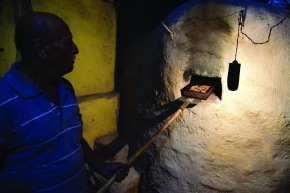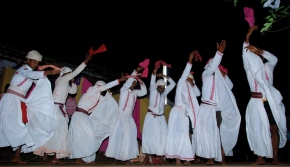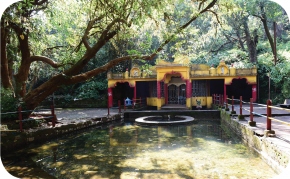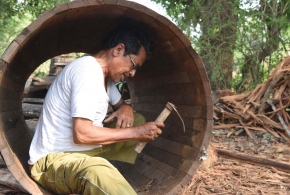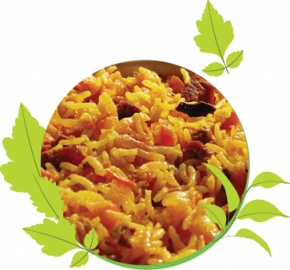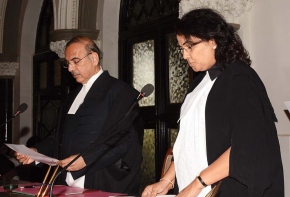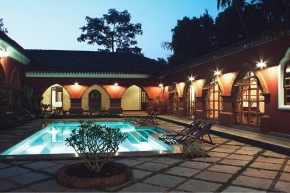- Bank Of India, Women's Day Celebration at Zonal Office Patto Plaza.
- Bridging Goa
- Death and Revival of bakery
- Fighting Cancer
- Cookbook Ishtann releases 7th edition
- Symposium of art icons MOG
- Goa government honours Dr Salkar with Best Social Worker award
- Iskcon celebrates Jagruti 2019
- GoaMiles Taxi App completes six successful months
- Condé Nast Traveller honours Goa with Favourite Leisure Destination award
The Village of Fragrant Flowers
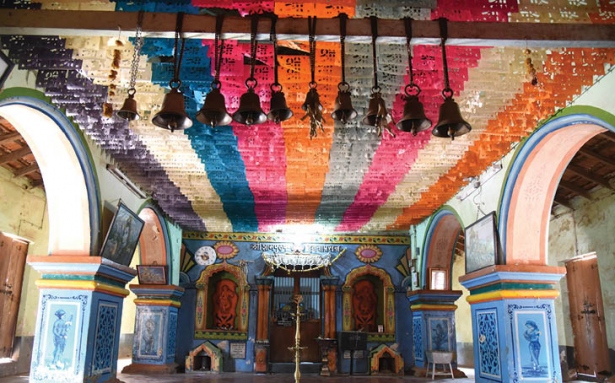
Sarvan in Bicholim taluka, named after aromatic flora, is well-known for its traditional folk dance called Morulo performed during Shigmo. The artistes have travelled across the nation following their love for dancing
Pointing out to an evergreen tree found in abundance in the village of Sarvan in Bicholim, Dattaram Chandrakant Sawant said, “Our village got its name from this Surang tree. It produces dainty, fragrant flowers which the women weave and wear in their hair.”
So the van (forest) of Surang trees was naturally known as Surang Van, which then became Sur Van and eventually Sarvan. The village is well known for a peculiar folk dance performed by the men during Shigmo. This dance, called Morulo, is named after peacocks and has almost become an identity of the village.
Sawant elucidates, “At a place called Rai near the Sateri temple, there is a fertile rice field that was regularly cultivated. When the grain was ready for harvest, many peacocks would descend upon the fields to feast upon the grain. To prevent this menace, the villagers would gather at the temple. To while away the time during the watch, they began to sing and dance. They picked their steps from the graceful movements of the mor (peacocks), so the dance came to be known as Morulo. In due course, the dance entered the cultural tradition of the village and was performed during Shigmo.”
Read the full article in 'Viva Goa' magazine copy.
Viva Goa
magazine is now on stands. Available at all major book stalls and supermarkets
in Goa.



